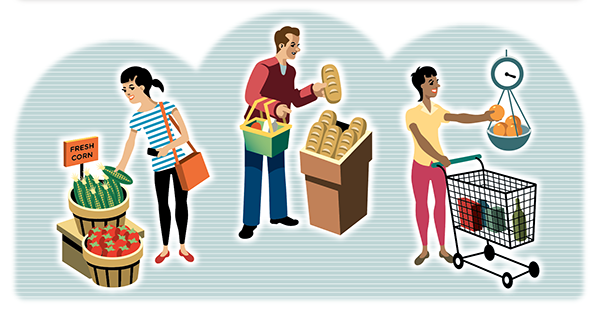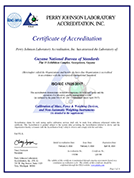As we celebrate World Consumer Rights 2020 today March 15, under the theme: ‘The Sustainable Consumer’, the Guyana National Bureau of Standards (GNBS) joins with the other consumer bodies, both nationally and internationally, to encourage all consumers to adopt sustainable consumption habits. Sustainable consumers utilize products and available resources in a manner that ensures their availability to future generations.
According to an article published by Cargill Incorporated in 2019, “Sustainability is a broad, overarching term that means many things to many people, from locally sourced or label-friendly ingredients, to organically grown and environmentally friendly products… or potentially all of the above.” The concept of sustainability has become so common that research predicts we are entering the decade of the sustainable shopper.
The consumer shift to sustainable practices today shows that nearly three in four consumers now say they would change their consumption habits to reduce their environmental impact. Consumers are now increasingly making product choices based on these attitudes and values.
Further, the Cargill article indicates that statistics are showing that consumers are looking more closely at what they eat, where it comes from, and how it’s produced. As a result, about 22% of products in the store now claim some sustainable attributes, and this number is expected to rise.
Sustainable consumption and sustainable production are two sides of the same coin. Both of these notions are aligned with promoting resource and energy efficiency, sustainable infrastructure, and providing access to basic services, green and decent jobs and a better quality of life for all. Practicing sustainable consumption and sustainable production helps to achieve overall development plans, reduces future economic, environmental and social costs, strengthens economic competitiveness and reduces poverty.
Since sustainable consumption and production aims at “doing more and better with less,” net welfare gains from economic activities can increase by reducing resource use, degradation and pollution along the whole life cycle, while increasing quality of life. There also needs to be a significant focus on operating on the supply chain, involving everyone from producer to the final consumer. This includes educating consumers on sustainable consumption and lifestyles, providing them with adequate information through standards and labels and engaging in sustainable public procurement, among others.
The consumer movement marks March 15 with World Consumer Rights Day every year, as a means of raising global awareness about consumer rights and needs. Celebrating the day is a chance to demand that the rights of all consumers are respected and protected, and to protest against market abuses and social injustices, which undermine those rights.
As the National Standards Body, the GNBS helps to ensure that consumers are protected through the development and implementation of a wide range of consumer product standards, which offer guidance on manufacturing, labelling, testing, and inspection of products. Also, the GNBS as the custodian of the National Measurement Standards ensures the accuracy in trade and consumer protection.






